It’s already started.
Yet many people are not yet thinking about it.
(For a useful overview, here's a World Economic Forum video).
A recent Deloitte report found a startling lack of preparation for the impacts of the Fourth Industrial Revolution:
“Only one-fifth of executives completely agreed that their organizations are currently ready, and just 10 percent said they are making a great deal of progress identifying, attracting, and retaining the right talent.”
But the more progressive organisations and forward-thinking leaders are considering it. And they are specifically considering what it means in terms of their organisation’s new ways of working and the corresponding skill sets needed.
As World Economic Forum comments: “The Fourth Industrial Revolution is shifting job roles and skill sets."
The adaptive organisations are responding with significant shifts to take on greater ownership of skills development. But this is not without challenge. Deloitte's analysis found that: “Executives still don’t fully understand the skills necessary to succeed in the ever-changing Industry 4.0 world. Six in 10 reported investing significantly to understand what skills will be needed to succeed.”
In our field of communication capabilities, we have seen a burgeoning interest in understanding how to communicate in a more human-centred way when faced with an ever more complex data-driven landscape. This new communication paradigm goes far beyond the current corporate standard approach of "I explain, you listen" mode.
The ability to develop deeper relationships across a wider range of stakeholders, not just those in your own professional ‘tribe’ is becoming more critical. You need to know how to relate persuasively to all parts of your customer’s business, irrespective of your own particular expertise.
Technical experts persuading creative experts.
Creative experts influencing financial experts.
Millenial workers influencing and persuading greying executive leaders.
Greying leaders influencing and persuading all 5 generations in the workplace.
Getting any message noticed and understood is getting harder and harder in the crowded digital environment.
But we now understand a lot more about what resonates with people. We understand more about how the brain reacts to stimuli, as well as in-built biases that render us far less objective than we like to think we are. Working with this new understanding, we can start to create that new communication paradigm. As a result we can design our messages, and convey out ideas, in ways that are intriguing. Intriguing ideas demand attention and compel people to act.
Whether it’s called data-driven influencing, them-not-you communication, compelling data visualisation or persuasive data storytelling, being ready for the Fourth Industrial Revolution requires us all to reconfigure our view of how we convey our ideas to others.
In the Fourth Industrial Revolution, every message matters.
Make sure you know how to shape yours compellingly.


